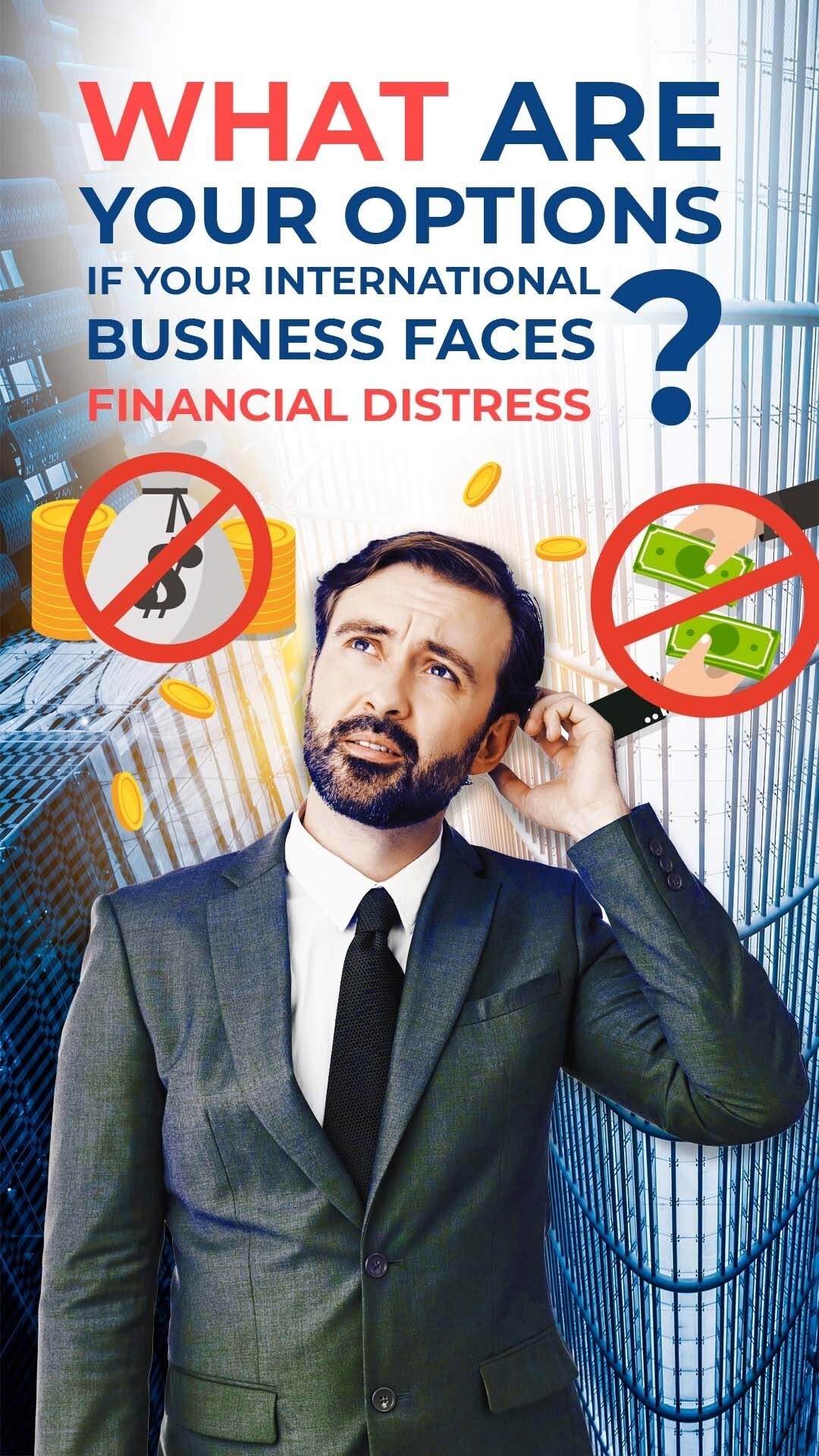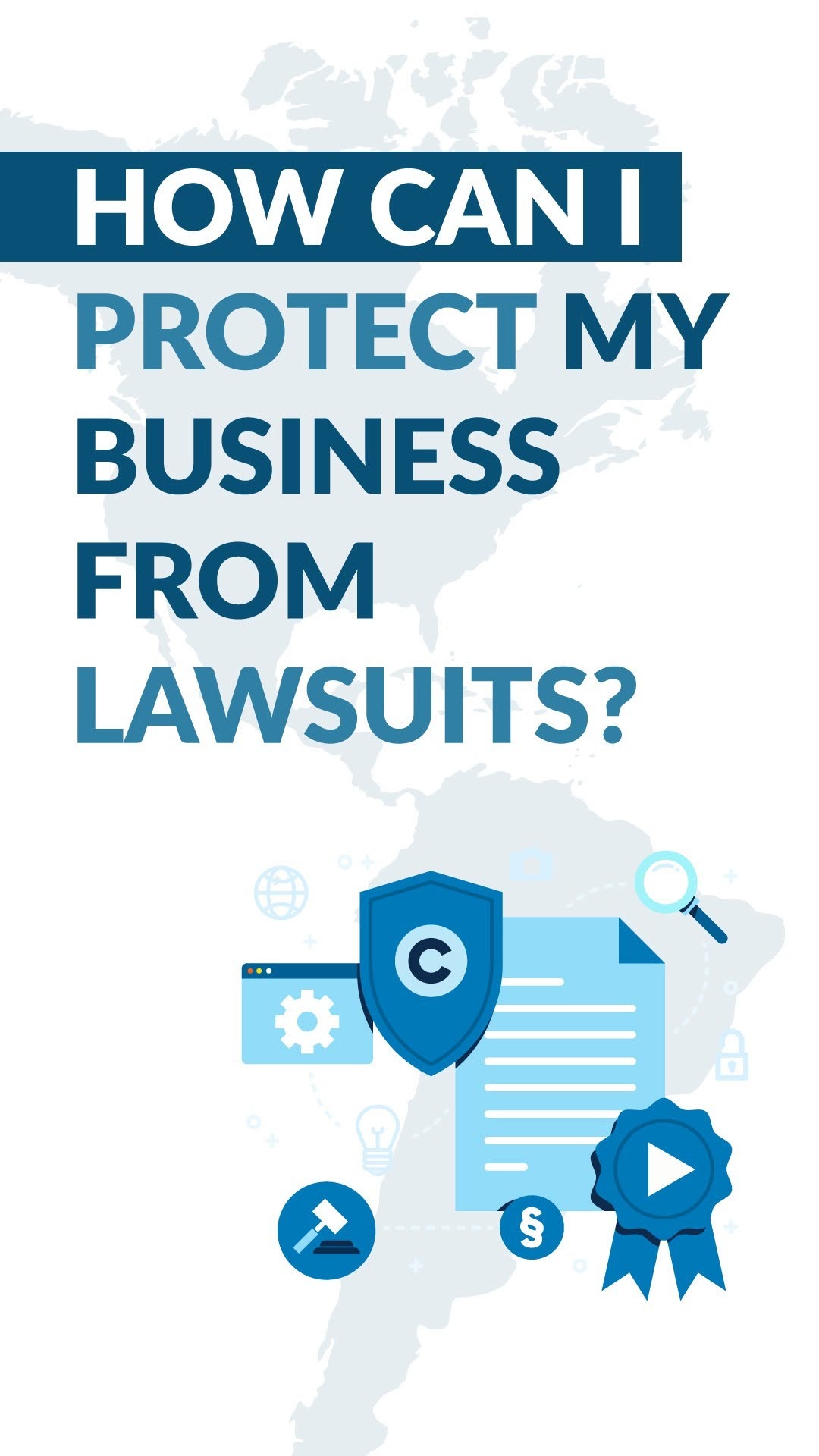

Since 2010, the Global Law Experts annual awards have been celebrating excellence, innovation and performance across the legal communities from around the world.
posted 2 months ago
The rapid growth of e-commerce has transformed the way consumers shop for goods and services, allowing people to purchase products and avail services with a single click, often without ever seeing the item in person or availing such services beforehand. While the ease of online shopping has led to huge growth in the e-commerce industry, it also brings significant risks. Various news reports have highlighted alarming incidents of customers receiving fake or different products as compared to what was purchased online or being at the receiving end of unsatisfactory and overpriced services.
As most everyone knows, in general parlance, an unfair trade practice refers to any deceptive or misleading conduct used to promote the sale or supply of goods or services. Under Indian law, this includes making false claims about the quality, standard, or origin of goods and services, misrepresenting old or refurbished items as new, or falsely suggesting sponsorship or affiliation. Unfair trade practices also cover misleading advertisements about the need or usefulness of a product, unverified warranties or guarantees, deceptive pricing, and false comparisons or disparagement of competitors. Such practices distort consumer decision-making and violate consumer protection laws. However, unfair trade practices also go beyond this, to include anti-competitive practices, or practices that can have an adverse effect on competition or pricing.
This article analyses some aspects of unfair trade practices under the consumer protection law, advertising regulations and guidelines and competition law in India.
Section 2(47) of the Consumer Protection Act 2019, defines the term ‘unfair trade practices’ to include, among other actions, making any statement which:
a) falsely represents that the goods are of a particular standard, quality, quantity, grade, composition, style or model or that the seller or the supplier has a sponsorship or approval or affiliation;
b) makes a false or misleading representation concerning the need for, or the usefulness of, any goods or services; or makes to the public a representation in a form that purports to be a warranty or guarantee of a product or of any goods or services, which is materially misleading or if there is no reasonable prospect that such warranty, guarantee or promise will be carried out.
The definition of unfair trade practices under the Consumer Protection Act, 2019 also includes the action of permitting the publication of any advertisement, whether in any newspaper or electronic record, claiming that goods or services are being sold at a bargain price when that is factually incorrect. False advertising also constitutes an unfair trade practice under the Consumer Protection Act, 2019 and is punishable with imprisonment and a fine. The Central Consumer Protection Authority (CCPA) has issued guidelines to prevent such misleading advertisements and endorsements and there are several instances in the past few years on how seriously the government is taking false advertising.
In 2023 the National Commission for Protection of Child Rights (NCPCR) directed Mondelez India to withdraw all “misleading” advertisements, packaging, and labels of its product Bournvita. The action followed a viral video by a social media influencer highlighting the high sugar content in Bournvita, which contradicted its portrayal as a health drink. Subsequently, the Ministry of Commerce and Industry advised e-commerce platforms to remove Bournvita from the “health drinks” category.
Additionally, Dabur India faced scrutiny over advertisements for its ‘Dabur Red’ toothpaste, which claimed that fluoride in toothpaste could cause adverse health effects. The Delhi High Court directed Dabur to submit scientific evidence supporting these claims after objections were raised by Colgate.
India is not alone in tracking misleading advertisements and attempting to punish the companies which engage in that practice. Around the world, there have been cases where a few massive multinational companies have found themselves on the wrong side of the law in relation to some of their marketing content. This includes Volkswagen in relation to its clean diesel campaign, L’oreal in relation to anti-aging claims and Kellogg’s in relation to claims of increasing attentiveness in children.
Now, with e-commerce having gained, and continuing to gain popularity, unfair trade practices have naturally taken a different face. To mitigate this, the CCPA has issued an advisory to all e-commerce platforms to take necessary steps to ensure that they do not engage in deceptive and unfair trade practice which are in the nature of Dark Patterns i.e. any practices or deceptive design patterns using UI/UX (user interface/user experience) interactions on any platform; designed to mislead or trick users to do something they originally did not intend or want to do; by subverting or impairing the consumer autonomy, decision making or choice; amounting to misleading advertisement or unfair trade practice or violation of consumer rights. Dark patterns which have been noted and identified by the CCPA, and set out in the Guidelines for Prevention and Regulation of Dark Patterns in 2023, include:
a) creating false urgency by setting timelines / claiming a product is scarce and in high demand; An example of this would be stating “only 5 pieces left! 20 others are looking at this right now!”
b) basket sneaking which means adding ancillary services with a product that a consumer has added to a cart. Several businesses have been known to add subscription services to the cart without the consumer specifically adding it, and which actually requires the consumer to actively remove the added product or service;
c) making subscriptions difficult or complicated to cancel; There are cases where services are wholly or almost wholly provided through an app. However, the option to cancel the subscription is only available on the website;
d) forcing a user into taking an action that would require the user to buy any additional good(s) or subscribe or sign up for an unrelated service, in order to buy or subscribe to the product/service originally intended by the user. This could include forcing an email subscription on a user who was attempting to buy something on a website;
e) masking advertisements as other types of content such as user generated content or news articles. In many cases, news sites publish sponsored content as well as news articles. It should be made absolutely clear that the sponsored content is advertorial in nature.
The Consumer Protection Act, 2019 also introduced the concept of ‘unfair contracts’[1] as a ground for filing a complaint, in addition to already existing unfair or restrictive trade practices which places the manufacturer, trader or service provider on the one side and the consumer on the other. The unfairness can be ascertained by such terms which cause significant change in the rights of the consumer. Some of these terms includes:
· Seeking excessive deposit as security for performance of contractual obligations;
· Refusing to accept early repayment of debts on payment of applicable penalty;
· Unilateral termination of contract without reasonable cause;
· Assignment of contract to the detriment of consumer, without consent;
· Putting the consumer to disadvantage by imposition of any charges, obligations or conditions which are unreasonable;
· Unilateral right to appoint arbitrators;
· Significant/heavy disclaimers;
Various quasi judicial fora for dealing with the enforcement of the Consumer Protection Act, 2019 have also been constituted under that Act viz. the District Consumer Disputes Redressal Commission, State Consumer Disputes Redressal Commission and National Consumer Disputes Redressal Commission. Each of the aforementioned fora have limited pecuniary jurisdiction. Further, appeals from decisions of the District Consumer Disputes Redressal Commission are heard by the State Consumer Disputes Redressal Commission and appeals from decisions of the State Consumer Disputes Redressal Commission are heard by the National Consumer Disputes Redressal Commission.
Of course consumer complaints and redressal are not the only manner in which unfair trade practices are curbed or dealt with. Practices that have more serious implications on the market itself are dealt with under the Competition Act, 2002, which replaced the Monopolies and Restrictive Trade Practices (MRTP) Act, 1969. Under this Act, unfair trade practices though not explicitly defined, fall under two main categories, which are, abuse of dominant position and anti-competitive agreements. These are, by no means, a comprehensive coverage of all unfair trade practices. The Consumer Protection Act, 2019, complements this by providing a detailed definition and framework for addressing unfair trade practices.
As per section 4 of the Competition Act, 2002, a presumption of abuse of a dominant market position is made if an enterprise or a group inter alia imposes unfair or discriminatory conditions for purchase or sale of goods or services, or predatory pricing, limits or restricts production of goods or provision of services or technical development, denies market access to competitors, or makes a purchase of one product or service subject to one or more unrelated (and often unnecessary) conditions. It also includes leveraging dominance in one market to gain an unfair advantage in another. The terms “dominant position” and “predatory pricing” are, by necessity, fairly subjective in nature and the use of the term group in the section, along with the words “directly or indirectly” amplify the intent of the legislation even further – making it fairly difficult for enterprises to circumvent these provisions on mere technicalities.
Anti-competitive agreements, under Section 3 of the Competition Act, 2002 also amount to unfair practices and include arrangements between businesses that limit or manipulate market conditions. Some such agreements (where the parties involved form a cartel or are engaged in identical or similar trade of goods or provision of service) are presumed to have an appreciable adverse effect on competition and are strictly prohibited, while others (where the parties involved are at different stages of the production chain) are prohibited only if they actually cause or are likely to cause an appreciable adverse effect on competition. Some of the unfair trade practices under the Competition Act, 2002 are detailed further below:
As these are, by no means, the only unfair trade practices and, with ever evolving business models, new modes of unfair trade practices keep cropping up, the Competition Commission of India (CCI), as the authority with the mandate to ensure that competition is unhampered, has also found against several large companies, as follows:
Zomato and Swiggy: The CCI found that these food delivery platforms engaged in practices like predatory pricing, thereby violating competition laws. An investigation by the CCI also found food delivery giants Zomato and Swiggy breached competition laws with their business practices favouring restaurant chains listed on their platforms. Zomato entered into “exclusivity contracts” with partners in return for lower commissions, while Swiggy guaranteed business growth to certain players if they listed exclusively on its platform, according to non-public documents prepared by the CCI.
Amazon and Flipkart: An antitrust investigation revealed that these e-commerce giants favoured specific sellers and prioritized certain listings, adversely affecting market competition.
Apple: The CCI concluded that Apple abused its dominant position by mandating the use of its proprietary in-app purchase system, which increased costs for app developers and hindered competition.[2]
WhatsApp-Meta: The primary concern was that WhatsApp’s policy had a “take-it-or-leave-it” nature, coercing users into accepting the new terms or losing access to the service. CCI held the said policy which forced users to share data with Meta constituted unfair terms, a denial of market access and leveraged dominance into its display‐advertising business.
Non-negotiable contracts: The CCI found Verifone, a point-of-sale terminal supplier, to be in violation of the abuse of dominance provisions under the Competition Act, 2002 as a result of the restrictive and arbitrary conditions in its agreements with its customers which were non-negotiable[3]. Such terminals are used by banks/retail outlets or third-party processors acting on behalf of banks. By including restrictive and arbitrary conditions, Verifone, according to the CCI, foreclosed the market for value added services (VAS), restricted technological development in the VAS market and abused its dominance in the POS terminal market.
In addition to the aforementioned legislations, several government bodies also try to regulate players and there are certain sectors, including alcohol and pharmaceuticals, where the industry players are prohibited from advertising their goods altogether, to ensure that no potential consumer is influenced by an advertisement into buying a product that could be potentially harmful to the consumer. Recently, the securities market watchdog, Securities Exchange Board of India (SEBI) has issued letters to portfolio managers to immediately remove exaggerated advertisements and claims by portfolio managers, directing them to ensure that all advertisements/ statements disseminated on their respective websites or any other public media platform or promotional material issued to clients are factual, verifiable and in strict conformity with Code of Advertisement specified by SEBI.
Conclusion
In the digital marketplace, consumers are both empowered and vulnerable. As the digital economy continues to reshape global commerce, it also presents new avenues for unfair trade practices which establishes the need for updated laws, newer interpretations of existing laws and updated enforcement mechanisms, to control tech-driven unfair trade practices that harm competition, exploit consumers, and erode trust in digital markets.
It is evident that the government is concerned about consumers, as well as the effect on the economy and its citizenry when it comes to unfair trade practices, all the more because information penetration in recent years has exploded, but many consumers are not savvy, exposed or experienced enough to filter or judge information they are provided. This is greatly exacerbated by the seeming omnipresence of many digital giants and the government is therefore being extremely watchful on this front.
Disclaimer:
This article has been written for the general interest of our clients and professional colleagues and is subject to change. This article is not to be construed as any form of solicitation. It is not intended to be exhaustive or a substitute for legal advice. We cannot assume legal liability for any errors or omissions. Specific advice must be sought before taking any action pursuant to this article.
[1] Section 2(46) of Consumer Protection Act, 2019
[2] Together We Fight Society vs Apple Inc & anr. [Case no. 24 of 2021]
[3] Verifone India Sales Pvt. Ltd. v. CCI & Atos Worldline India Pvt. Ltd., TA (AT) (Competition) No. 01 of 2017, Judgement dated March 13, 2020
Author


No results available
posted 3 hours ago
posted 2 days ago
posted 2 days ago
No results available
Find the right Legal Expert for your business
Global Law Experts is dedicated to providing exceptional legal services to clients around the world. With a vast network of highly skilled and experienced lawyers, we are committed to delivering innovative and tailored solutions to meet the diverse needs of our clients in various jurisdictions.

When your international business faces financial distress, quick action is key! 🔑 Negotiating with creditors, restructuring debt, and understanding insolvency laws can help regain stability. Global Law Experts is here to guide you through your options.
🌍Explore the details on our website.
🔗Link in bio
#GlobalLawExperts #CommercialLaw #BusinessLaw #LegalAdvice #BusinessGrowth #LegalTips #BusinessStrategy #LegalCompliance #Law #LegalKnowledge #LegalAwareness #Law101 #LegalEducation #IntellectualProperty

Running a business is hard enough — lawsuits shouldn’t make it harder. 🚫 Protect your business with the right legal strategies and expert tools from Global Law Experts. Let’s secure your future together! 💼
🌍Explore the details on our website.
➡️www.globallawexperts.com
#GlobalLawExperts #CommercialLaw #BusinessLaw #LegalAdvice #BusinessGrowth #LegalTips #BusinessStrategy #LegalCompliance #Law #LegalKnowledge #LegalAwareness #Law101 #LegalEducation #IntellectualProperty #Infringed #Ecommerce #LegalBranding

Using NRIC numbers as passwords or identity proof? That era is done. Strengthen your security with multi-factor authentication and biometrics—because your clients' trust depends on it.
#SingaporeLaw #DataPrivacy #CyberSecurity #PDPA #NRIC #MFA #StrongAuthentication #LegalCompliance #ClientTrust

Swiss law protects secured lenders—with precision. From real estate to IP and bank accounts, every asset counts—just as long as it’s defined, documented, and delivered.
#SwissLaw #SecurityInterest #Collateral #InternationalLending #SwissFinance #LegalCompliance #GlobalBusiness #AssetSecurity

Gold trading in Saudi Arabia isn’t just a business—it’s a lab test, a permit, and a legal tightrope. Want to succeed? Start with compliance, hallmarking, and permits—or risk losing it all.
#GoldTrading #SaudiLaw #PreciousMetals #BusinessSetup #LegalCompliance #GlobalBusiness #SaudiArabia #TradeRigour

Second citizenship isn’t permanent—especially if you break the rules. Know the risks and how to safeguard your status: be transparent, stay lawful, and honour all citizenship requirements.
#SecondCitizenship #CitizenshipRisks #DualNationality #Compliance #GlobalMobility #LegalAdvice #ImmigrationLaw

Send welcome message